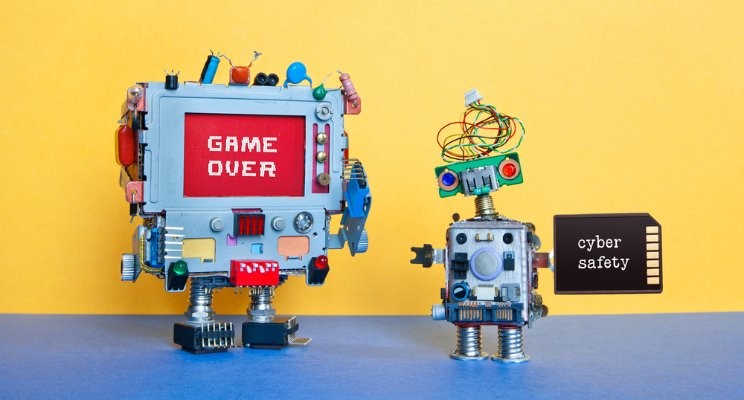
Two bit, or not two bit, that is the question
When it comes to choosing the most appropriate flash memory to record process data in an industrial application, you might think the choice is straightforward. After all, premium high-speed cards are for photographers and the rest are essentially all the same so why not just buy the cheapest card you can find with the largest capacity. Simple.
Or is it that easy?
The answer is that it depends how much you value your data. Depending on the application, more care needs to be taken to protect against the possibility of data loss.
To make the correct choice, it is first important to understand what the options are. Memory cards can fall into one of two types; those constructed using single-level cell (SLC) flash memory which can hold one bit of data per cell and those using multi-level cell (MLC) flash memory which can store two data bits per cell.
Flash memory cards are made-up of tens of millions of cells that together hold information. The ability of MLC flash memory to hold more than one bit of data per cell means that when compared with SLC, less cells are required for the same card capacity, making MLC memory cards the cheaper option.
Based on this, MLC appears to be the obvious choice. There is a catch though, namely the trade-off between storage size and price on the one hand and reliability and durability on the other. This trade-off may be unconsciously overlooked when a memory card is used for general consumer purposes, such as a camera or an mp3 player. If photos or music are lost, it can be annoying or upsetting but the consequences are relatively minor.
By contrast, paperless recorders store vast quantities of process data 24/7, 365 days a year, creating a much higher demand for reliability. This data can be required for a variety of reasons, including legislative compliance and the ability to provide traceability in the event of a process failure or product quality issue such that losing it is not an option.
With higher temperature resistance, better reliability and endurance, SLC flash offers a safer, more secure solution for industrial recording purposes
With endurance levels 10 times greater than that of an MLC, SLC flash memory cards provide the safest option for process recording applications. The fewer write cycles per cell that SLC requires means less wear and tear to the data storing silicon atoms, reducing the risk of a potential failure.
Another benefit of SLC cards is their greater resistance to the effects of high temperature environments. MLC flash has a low maximum operating temperature threshold that is much better suited for commercial use, compared to SLC which can withstand much higher temperatures without the risk of data loss and failure due to cell leakage. Don’t forget it isn’t just the ambient temperature that must be considered, once inserted in to a paperless recorder, any heat generated by the recorder or control panel will push card temperatures higher.
With higher temperature resistance, better reliability and endurance, SLC flash offers a safer, more secure solution for industrial recording purposes. While it may cost two to four times more compared to MLC flash memory for the same amount of storage, this should be balanced against the potential financial and legal ramifications of losing the data.
Furthermore, storing a years’ worth of data on one card isn’t safe practise, so it is recommended that the data should be transferred to an external device, like a PC and then further backed up. Using ABB’s DataManagerPro, an advanced software package for analysis and storage of data archived by ScreenMaster paperless recorders, automatic transfer from memory cards and backup can be achieved.
The intention of this piece is not to discredit MLC flash memory, which is brilliant for consumer everyday use when data loss won’t land you in jail. However, if data is needed to be safely stored for a compliance-led, arduous industrial application, SLC flash memory’s endurance, temperature resistance and reliability makes the choice an easy one.
For more information about ABB’s paperless recorders and flash memory storage options, please visit www.abb.com/recorders.